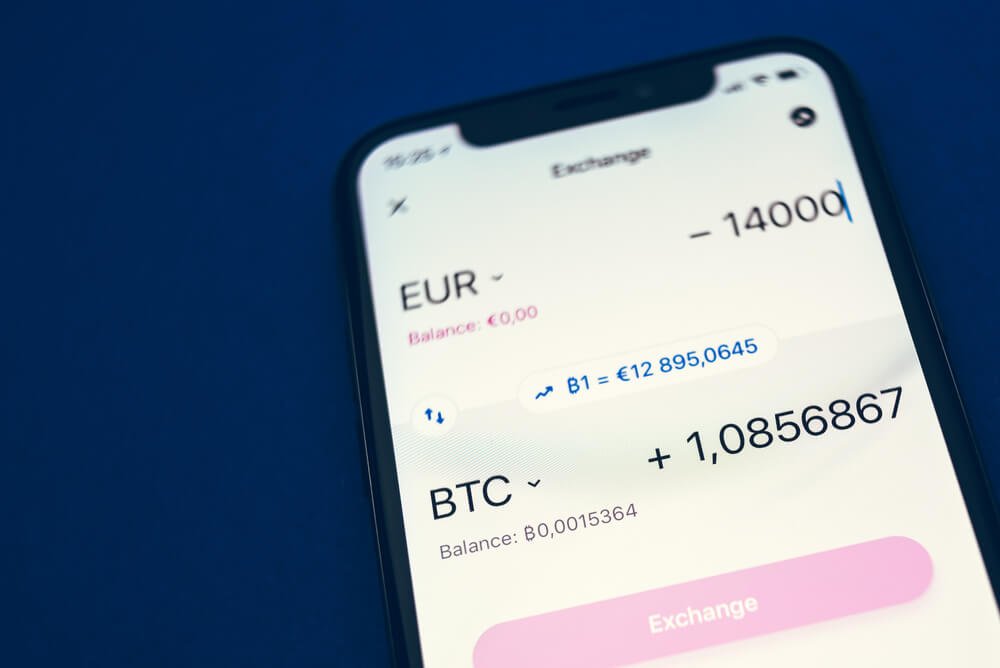Crypto
The secret life of cryptocurrencies
Nine out of ten Initial Coin Offerings are DOA. Here’s how to determine if your crypto comes with a pulse.

I recently had a lunch conversation with a friend I’d described as a “progressive investor.” You likely know a few like him, the guy who brags about always being in front of the next big thing, the cutting edge. He tossed out his latest pursuit, “I’m all over cryptos.”
It’s a hot commodity. Bitcoin recently soared to life-changing heights and even after a sharp correction, those who bought when coins were selling for a just few dollars each, they made millions.
That’s given birth to a plethora of crypto offerings—hundreds cross my desk each week. Surprised? Don’t be. A stampede of companies (real and imaginary!) are cashing in on crypto craziness and the money is pouring in.
My curiosity piqued, I asked him, what cryptos are you looking at now, coins or tokens? Equity, currency, smart contracts? Asset-backed, profit or voting rights?
He looked deflated.
My firm, Equifund, has dug deep into the world of cryptocurrencies and our research is clear. 90 percent of those new crypto products we see are DOA.
New crypto products are built on two core human emotions, fear and greed. Cryptocurrencies eloquently appeal to both.
It’s an environment rife with fraud potential.
Using buzzwords to influence those anxious to get in early and pocket big gains, buyers overlook the fine print that describes the asset rights to their coin. Unfortunately, most crypto initial coin offerings (ICOs) are launched as nothing more than an attempt to grab cash…your cash! A new coin can unlock a vault load of free money. Untethered from regulatory oversights, a crypto offering can be made simply by creating a coin and putting it on the market.
Just about anyone can do it. Publish a white paper and dangle the term “crypto coin”—the hype does the selling. It’s a totally unrestricted means for taking money from strangers. In the end, the coins may be as illiquid as a cast iron and worth even less.
Don’t get drawn in on the hype! Here are a few simple signs that we review at Equifund to quickly screen for the handful of ICOs that might have real merit—and yes, there are a few to be found!

Cryptocurrencies and cyrpto coins have no intrinsic value to the owner. (Photo via DepositPhotos)
Remember, unregulated means easy to manipulate. What’s more, crypto coins have no intrinsic value to the owner and it does not have to be reported on a company’s balance sheet. When looking at a crypto coin offering, ask yourself:
- Did the issuer sell to a secondary party or pay someone to promote the coin?
- Does the issuer reveal in its documentation what the proceeds from coin sales will be used for?
- Will the issuer provide ongoing financial and business updates, such as quarterly reports?
- Have they appointed an auditor to do so?
- Do you have independent confirmation that the management team does not have a criminal record or past of unlawful behavior?
- What assurances do you have that the issuer will never simply collect your money then fold up the tents and disappear?
If you can’t get satisfactory answers starting with these few questions, then our advice is simple: walk away. That said, not all ICOs are bogus. Legitimate opportunities are out there.
At Equifund, we carefully vet all new investment opportunities, before any are presented to clients. We conduct background checks on those seeking funding and work with their companies to establish a fair and equitable fundraising environment. We also ensure that all offerings are cleared from money laundering schemes and terrorism.
Never has it been easier for the adventurous investor to take a chance on a new product, service, or technology. Just keep in mind that the same environment that makes this investing environment open to you is the same that makes it open to crooks and swindlers.
(Featured image via DepositPhotos)

-

 Biotech1 week ago
Biotech1 week agoVytrus Biotech Marks Historic 2024 with Sustainability Milestones and 35% Revenue Growth
-

 Crypto3 days ago
Crypto3 days agoRipple Launches EVM Sidechain to Boost XRP in DeFi
-

 Africa1 week ago
Africa1 week agoCôte d’Ivoire Unveils Ambitious Plan to Triple Oil Output and Double Gas Production by 2030
-

 Business1 week ago
Business1 week agoThe TopRanked.io Weekly Digest: What’s Hot in Affiliate Marketing [NordVPN Affiliate Program Review]





















You must be logged in to post a comment Login